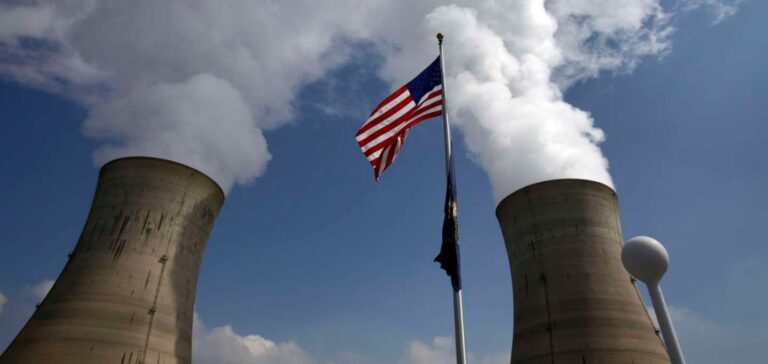The U.S. Department of Energy has announced changes in the rules for sharing nuclear information with various countries. As of February 9, Mexico becomes an authorized country for unlimited nuclear information sharing, unlike Colombia and Egypt, which are no longer generally authorized destinations.
Countries allowed in general
Under the Part 810 rules, countries may be permitted generally to exchange non-public commercial nuclear technology. The information may be shared with these countries and citizens of these countries working at nuclear facilities in the United States. South Africa’s status remains unchanged despite the expiration of its nuclear cooperation agreement with the United States.
Changes for Mexico, Colombia and Egypt
The change for Mexico follows the signing of a nuclear cooperation agreement with the United States. Nuclear cooperation agreements are agreements established by the U.S. Nuclear Nonproliferation Act and impose certain conditions.
Unlike Mexico, Colombia and Egypt are no longer generally permitted destinations. The nuclear cooperation agreements with these countries have expired. Citizens of these countries working at nuclear facilities in the United States can no longer receive information without specific authorization from the Department of Energy.
Deadline for activities covered by general authorizations
The activities covered by the general authorizations for Colombia and Egypt have a deadline. Those involved have until March 2 to submit a specific authorization request to the Department of Energy to continue these activities. Activities may continue until the Department of Energy rules on these applications.
Discussions with South Africa
The U.S. government is in talks with the South African government to sign a new civil nuclear cooperation agreement. The State Department did not provide further details on these discussions.





















